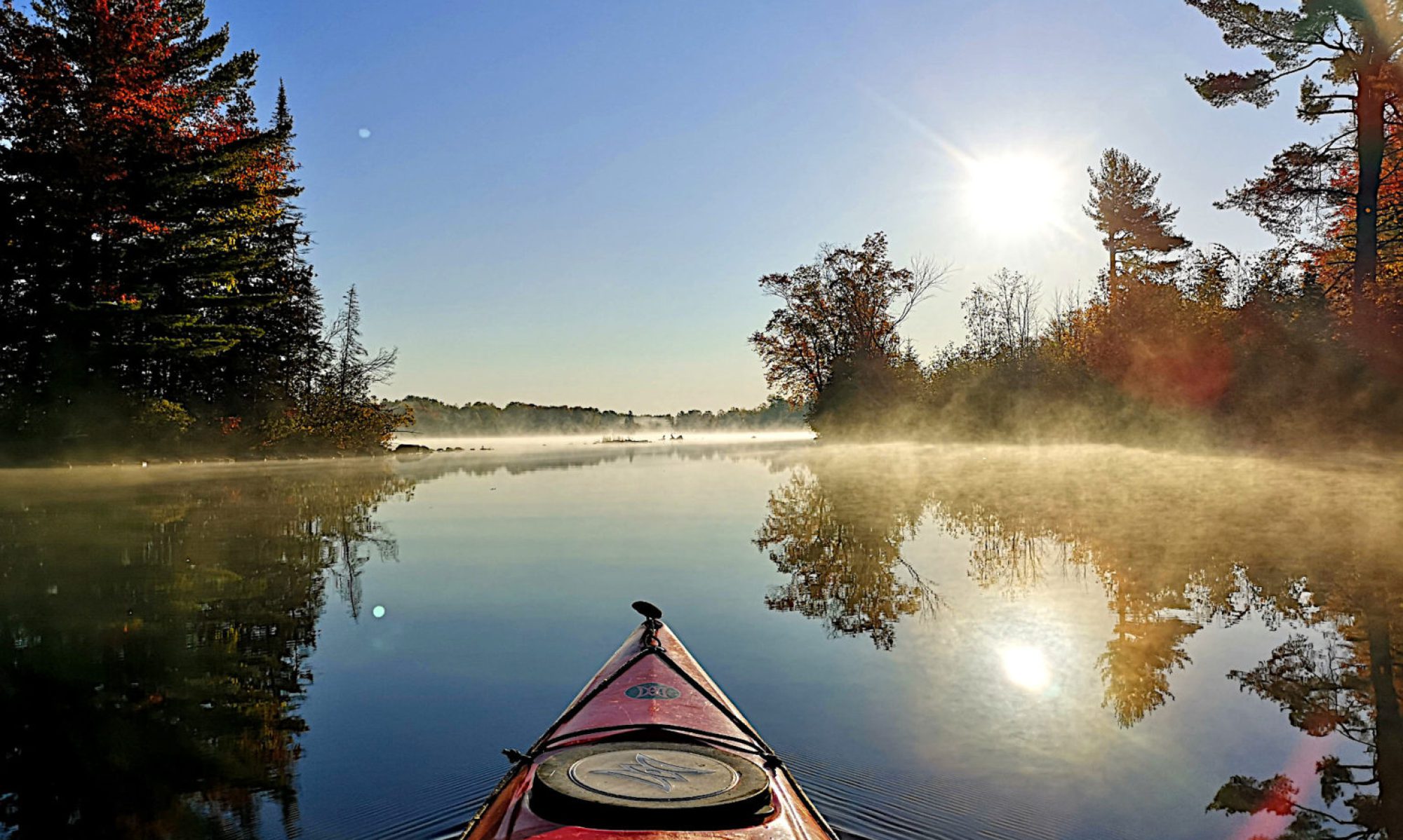
From Akanksha Singh for JSTOR Daily: “Before ice dispensed at the press of a button or the twist of an ice cube tray, ice was a luxury. An iced drink was indicative of wealth, and the ice industry was a multi-million-dollar employer. Norway—a hub for natural ice—exported one million tons of it per year. The US market overshadowed that effort manifold. At its peak in the nineteenth century, an estimated 90,000 people and 25,000 horses were involved in the natural ice trade in the States. In fact, such was the demand for American ice in London at one point, Lake Oppegård in Norway was rechristened “Wenham Lake” (after a lake in a Massachusetts town) to compete with American ice imports in England. By 1856, American ice was shipped to South America, the Caribbean, Southeast Asia and Australia, the Persian Gulf, and its biggest market–India.”
Why you should stop putting plastic in the microwave

From Celia Ford for Wired: “In a study published in June in Environmental Science & Technology, Kazi Hussain and his colleagues reported that, when microwaved, plastic containers released millions of bits of plastic, called microplastics, and even tinier nanoplastics. Plastics are complex cocktails of long chains of carbon, called polymers, mixed in with chemical additives, small molecules that help mold the polymers into their final shape and imbue them with resistance to oxidation, UV exposure, and other wear and tear. Microwaving delivers a double whammy: heat and hydrolysis, a chemical reaction through which bonds are broken by water molecules. All of these can cause a container to crack and shed tiny bits of itself as microplastics, nanoplastics, and leachates, toxic chemical components of the plastic. The human health effects of plastic exposure are unclear, but scientists have suspected for years that they aren’t good.”
Note: This is a version of my personal newsletter, which I send out via Ghost, the open-source publishing platform. You can see other issues and sign up here.
In the mountains of Bhutan, a love of baseball is starting to take hold

From Michael Clair for MLB: “High up in the Himalayas between Tibet and India sits the small Buddhist country of Bhutan. Sometimes known as the world’s last Shangri-La, this nation of snowy alpine peaks and untouched mountain streams has fewer than 700,000 people who call it home. And yet perhaps the most remote country in the world is on its way to being a baseballing nation, growing from a few dozen kids playing on a concrete slab after school to more than 6,000 children who are fast becoming baseball fanatics despite few having ever seen a Major League game. “Everything from the friendship I grew with my father to my brothers to everyone in my town growing up, it was all based around baseball,” Matthew DeSantis, the co-founder and chairman of the Bhutan Baseball and Softball Association told me during a recent visit to New York.”
How to stop someone from playing a wind instrument: suck on a lemon

From a book about Vladimir Putin: “During the glastnost days near the fall of the Soviet Union, activists set up Hyde Park, named for the famous London location – an event where people would speak freely in public about their opinions. Rather than chase them away, city authorities apparently decided to drown them out with a brass band. Ekaterina Podoltseva, a brilliant forty-year old mathematician who had become one of the city’s most visible pro-democracy activists, asked all the regular “Hyde Park” participants to bring lemons with them the following Saturday. As soon as the band began playing, all the activists were to start eating their lemons, or to imitate the process of eating if they found the reality of it too bitter. Podoltseva had read or heard somewhere that when people see someone eating a lemon, they begin, empathetically, producing copious amounts of saliva – which happens to be incompatible with playing a wind instrument.”
A Renaissance riddle: The Sola Busca Tarot deck, from the 15th century

From Public Domain Review: “Considered the oldest complete seventy-eight card tarot deck in existence, the Sola Busca was the first to be produced using copperplate engraving. It is also the earliest known tarot deck that illustrates the Major and Minor Trumps in the way that has become the standard, with characters and objects depicting allegorical scenes. In the Renaissance era this would have been revolutionary. When the Italian Ministry of Cultural Heritage in Milan purchased the Sola Busca tarot deck in 2009, it had existed for five hundred years, and yet had barely ever been seen. Although still hotly debated, the contemporary scholarly consensus is that the Sola Busca deck — now housed at the Pinacoteca de Brera — was engraved in 1491, most likely in Ferrara, and was colored by hand about a decade later, in Venice.”
Adult orcas off the Spanish coast are teaching their offspring to attack boats

From Victoria Gill and Kate Stephens for the BBC: “A strange, dangerous game of targeting and ramming into small sailing and fishing boats is spreading through a population of orcas off Spain’s coast. Scientists say at least 20 Iberian orcas have now learned the behaviour by copying their elders. It is believed that one or two orcas started interacting with and damaging small sailing vessels in 2020. French sailor Lou Lombardi had his own encounter with the orcas near Gibraltar in July. He and the rest of the crew watched as five of the animals nudged and spun his boat around for 80 minutes – hitting the rudder until it split apart. Some scientists have suggested that one female orca started “attacking” boats as revenge, because she had been injured by a vessel. There are ongoing discussions among sailors, with a few proposing methods of defending their boats, including carrying firecrackers to throw into the water if the orcas approach.”
Dolphins surfing the bow waves from ships
From Science Girl on Twitter

